Premium Only Content
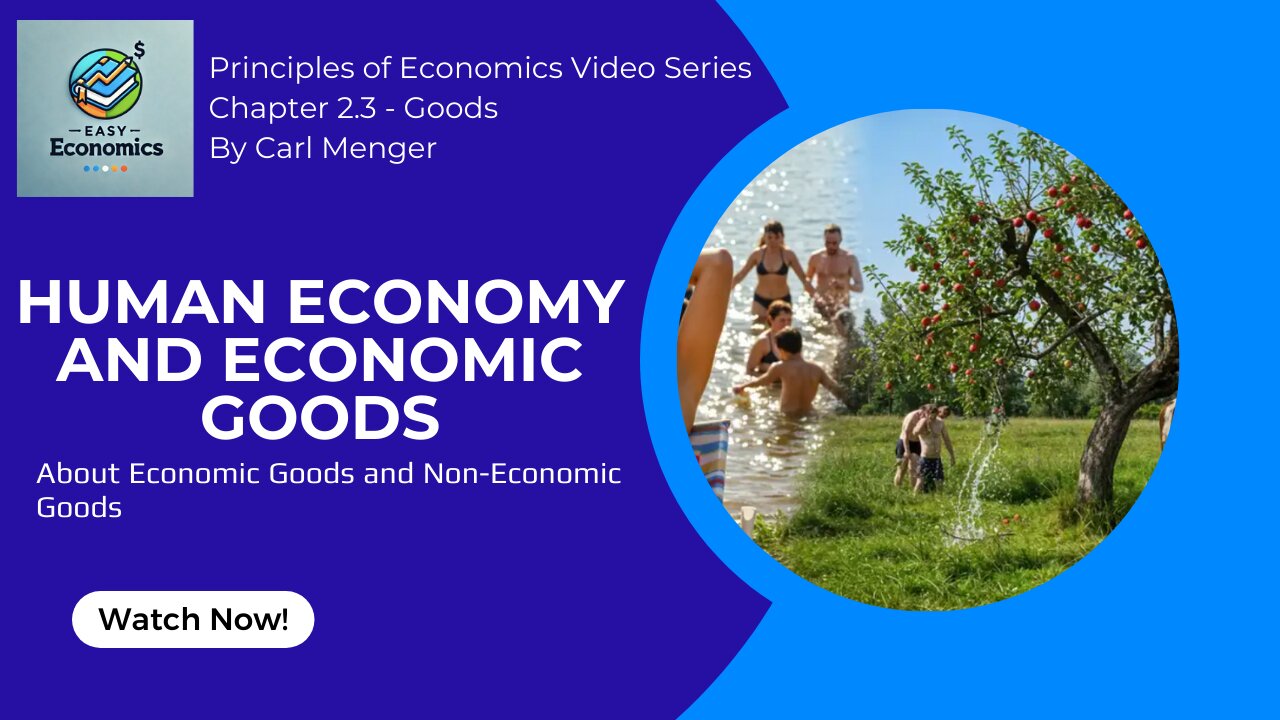
Principles of Economics by Carl Menger Chapter 2.3 - Human Economy and Economic Goods
You want to read the book? Get it here: https://amzn.to/4cCPIQs
Watch the next video in this series: https://rumble.com/v6shr9n-principles-of-economics-by-carl-menger-chapter-2.4-what-is-wealth.html
Watch the video series from the start: https://rumble.com/playlists/I48mBTB4w2c
Watch our video about Carl Menger: https://rumble.com/v61z0l2-carl-menger-the-father-of-austrian-economics-and-subjective-value.html
What causes people to treat some goods as precious while ignoring others? In this video, we explore the real roots of human economic activity through the lens of Austrian Economics and Carl Menger’s Principles of Economics. By comparing needs and available resources, we reveal why scarcity—and not the physical nature of a good—determines whether something becomes an “economic good.”
Discover how the ever-present gap between what people want and what’s available leads to careful decision-making, competition, and, ultimately, the development of property rights. You’ll see why property isn’t a random human invention, but a direct response to the reality of limited goods. We’ll also look at how abundance flips the script—when there’s more than enough for everyone, goods become “non-economic,” and sharing comes naturally.
As society evolves and populations grow, goods that were once freely available—like wood, land, or even water—can become scarce, changing their economic status. But what about goods of different qualities, or resources managed in anticipation of future scarcity? We break down these nuances and explain how both basic (lower-order) goods and the tools used to produce them (higher-order goods) become part of the economy only when they help meet unmet human needs.
Whether you’re curious about the origins of property, the difference between economic and non-economic goods, or how tools and resources gain value, this video provides the foundational answers in simple terms.
Questions Answered in This Content
-What makes a good “economic” or “non-economic”?
-Why do property rights and competition arise in society?
-How does scarcity lead to the creation of economy and law?
-What happens when goods are abundant instead of scarce?
-Can the economic status of a good change over time or place?
-How do higher-order goods gain their economic value?
-Why is the value of a good not based on the cost of making it?
-How does the anticipation of future scarcity affect current behavior?
-Why do people sometimes treat abundant goods as if they were scarce?
-What examples show the transformation from non-economic to economic goods?
00:00 - Introduction to the Origin of Human Economy and Economic Goods
00:14 - Needs and Available Quantities
00:38 - Three Possible Situations
01:15 - Careful Behavior
01:36 - Economy and Economic Goods
02:10 - Property Rights and Law
02:31 - Scarcity and Property
03:04 - Abundance and Non-Economic Goods
03:26 - Lack of Concern about non-economic Goods
03:46 - Natural Communism
04:17 - Scarcity vs. Abundance
05:03 - Transformation of Goods
05:40 - Supply and Demand
06:10 - Restricted Access / Created Scarcity
06:31 - Anticipation of Scarcity
07:04 - Difference in Quality
07:39 - High-Quality Parts
08:26 - Higher-Order Goods
08:57 - Human Needs
09:29 - Conclusion
#AustrianEconomics #PrinciplesOfEconomics #CarlMenger
-
 LIVE
LIVE
TimcastIRL
3 hours agoTrans Shooter Targets Catholic Kids In Mass Shooting, Leftists Reject Prayers | Timcast IRL
5,725 watching -
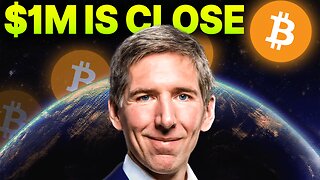 1:31:29
1:31:29
Brandon Gentile
1 day ago25 Year Wall Street INSIDER: $1M Bitcoin Soon Is Just The START
62 -
 LIVE
LIVE
SpartakusLIVE
5 hours ago#1 Birthday Boy Celebrates with MASSIVE and HUGE 4.8-Hour Stream
299 watching -
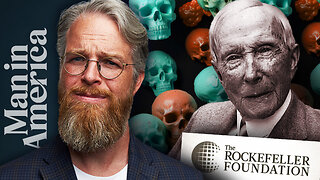 DVR
DVR
Man in America
6 hours agoFrom Oil Barons to Pill Pushers: The Rockefeller War on Health w/ Jeff Adam
8.01K1 -

Barry Cunningham
3 hours agoBREAKING NEWS: PRESIDENT TRUMP THIS INSANITY MUST END NOW!
53.7K110 -
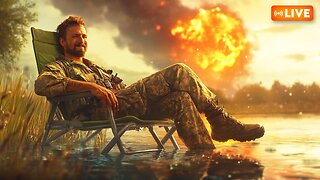 LIVE
LIVE
StevieTLIVE
2 hours agoWednesday Warzone Solo HYPE #1 Mullet on Rumble
119 watching -
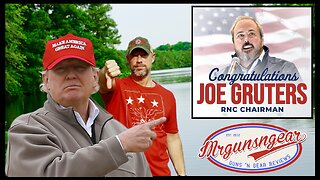 5:58
5:58
Mrgunsngear
4 hours ago $0.78 earnedBreaking: The New Republican Party Chairman Is Anti 2nd Amendment
4.46K5 -
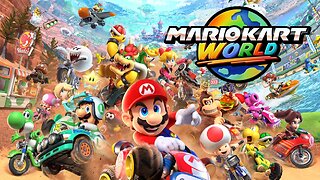 LIVE
LIVE
Geeks + Gamers
3 hours agoGeeks+Gamers Play- MARIO KART WORLD
228 watching -
![(8/27/2025) | SG Sits Down Again w/ Sam Anthony of [Your]News: Progress Reports on Securing "We The People" Citizen Journalism](https://1a-1791.com/video/fww1/d1/s8/6/G/L/3/c/GL3cz.0kob.1.jpg) 29:34
29:34
QNewsPatriot
4 hours ago(8/27/2025) | SG Sits Down Again w/ Sam Anthony of [Your]News: Progress Reports on Securing "We The People" Citizen Journalism
6.93K1 -
 25:12
25:12
Jasmin Laine
8 hours agoDanielle Smith’s EPIC Mic Drop Fact Check Leaves Crowd FROZEN—Poilievre FINISHES the Job
13.6K19